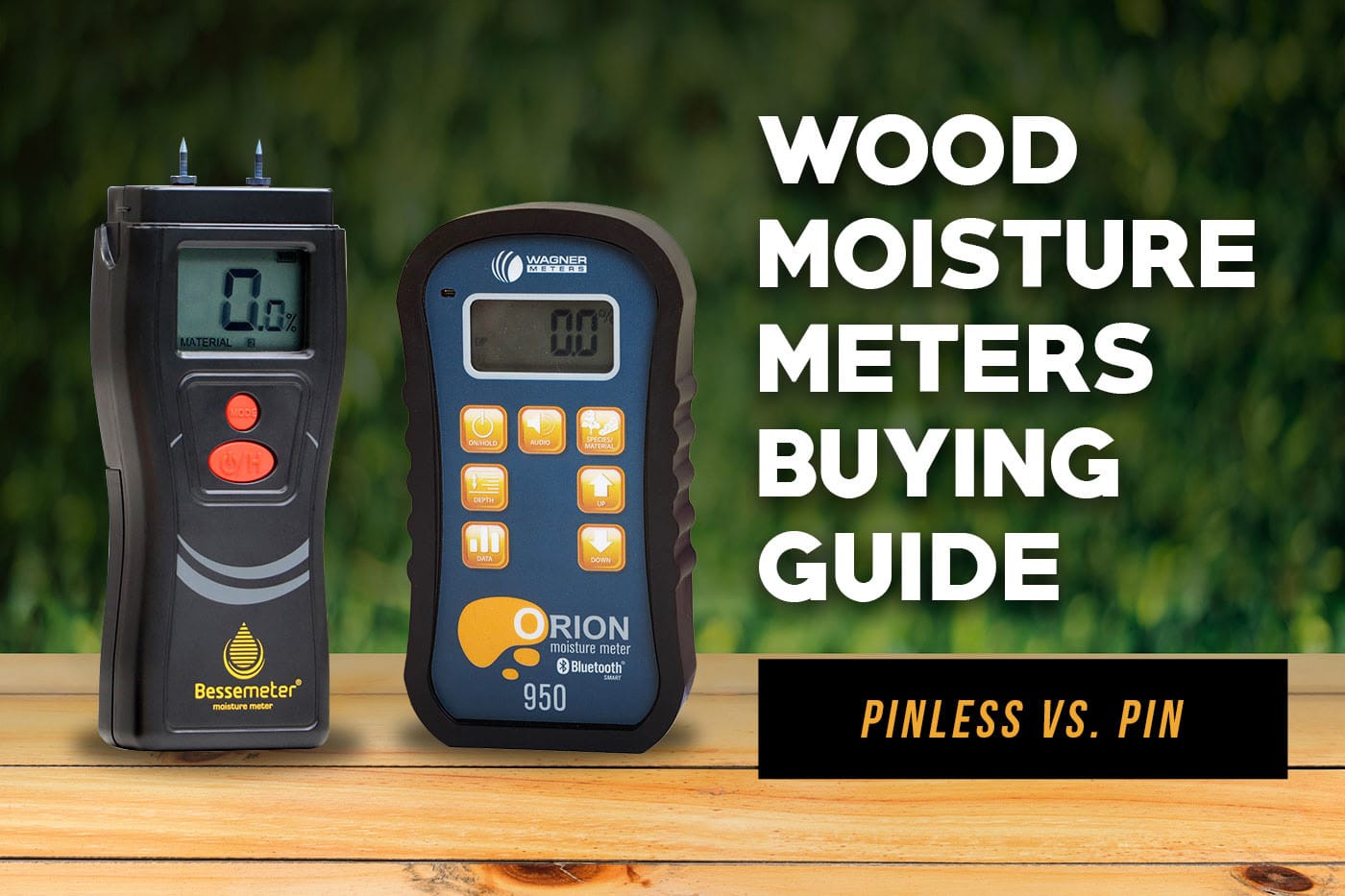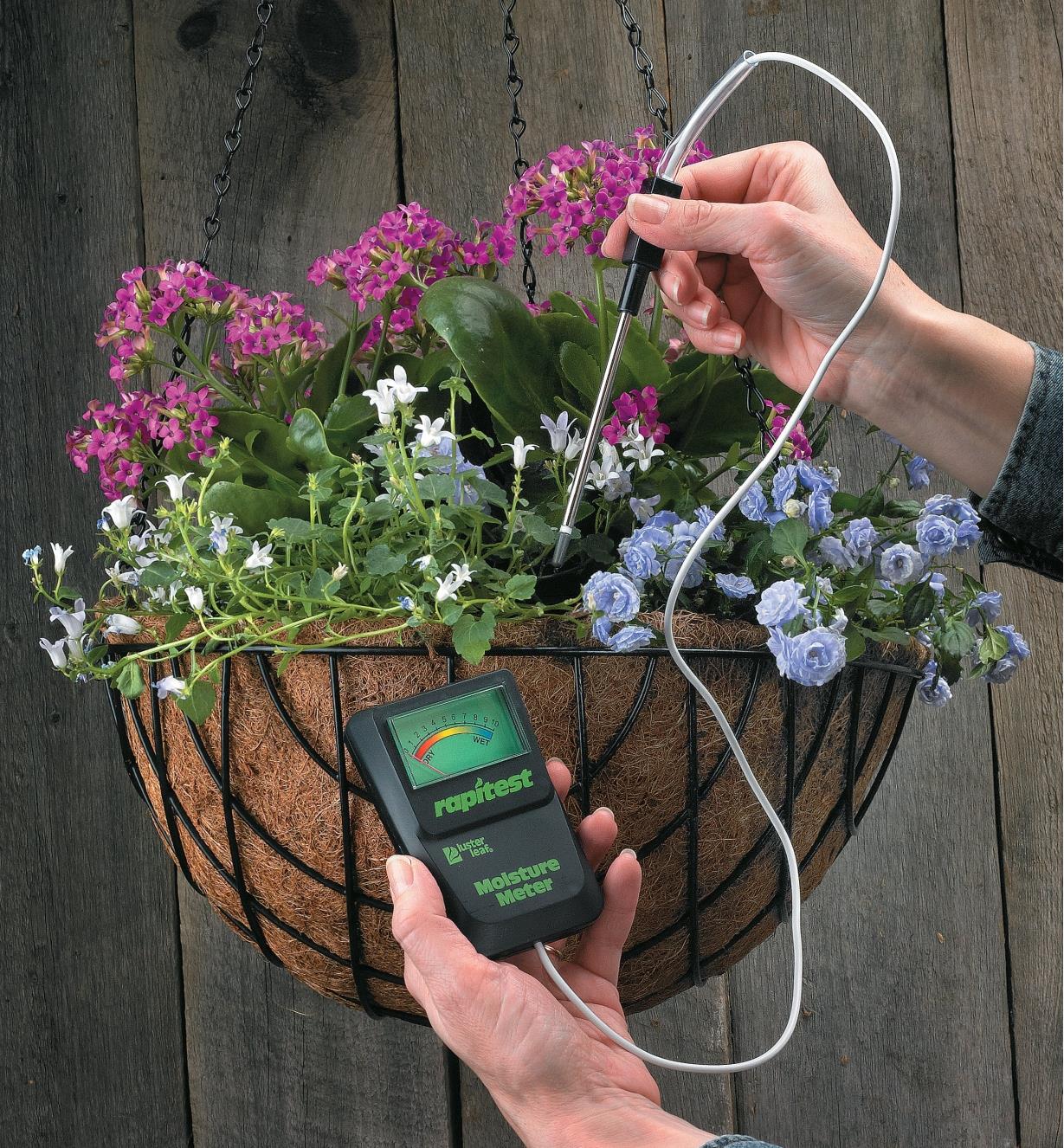Why Every House Owner Needs a Moisture Meter: Secret Advantages and Functions
Why Every House Owner Needs a Moisture Meter: Secret Advantages and Functions
Blog Article
The Ultimate Guide to Moisture Meters: A Comprehensive Review and Just How They Can Save You Money
In the world of structure upkeep, building and construction, and various markets, the value of properly measuring dampness degrees can not be overstated. Wetness meters function as crucial tools in spotting and keeping track of moisture material in materials, helping in preventing costly damages and making certain the top quality of products. Comprehending the subtleties of different kinds of moisture meters, their applications, and the prospective cost-saving benefits they offer can be a game-changer for services and experts alike. Uncovering how these tools can not just enhance procedures however likewise add to economic savings is a journey worth starting.
Kinds Of Wetness Meters
Numerous sorts of wetness meters are readily available for different applications in different industries. One usual kind is the pin-type wetness meter, which measures the electrical resistance between two pins inserted into a material. This kind is ideal for timber, drywall, and other building materials. Pinless wetness meters, on the other hand, use electro-magnetic sensor plates to scan a larger location without causing damage to the material's surface area. Moisture Meter. These meters are perfect for rapidly evaluating wetness degrees in huge areas such as floorings and walls.

Furthermore, there are additionally specialized dampness meters designed for certain products like hay, grain, or dirt. These meters supply precise dampness readings tailored to the one-of-a-kind residential or commercial properties of the material being checked. Infrared wetness meters gauge the thermal buildings of a product to determine its moisture content non-invasively, making them helpful for applications where pin or pinless meters might not appropriate. Understanding the various kinds of dampness meters offered can assist sectors select the most suitable tool for their details wetness measurement requirements.

Advantages of Making Use Of Wetness Meters
Dampness meters offer very useful benefits in properly assessing and monitoring wetness degrees in diverse materials and environments (Moisture Meter). Among the primary advantages of using wetness meters is the prevention of potential damage caused by excess dampness. By identifying and dealing with high wetness levels beforehand, wetness meters aid to protect against mold and mildew growth, rot, and architectural damages in structures, conserving both time and money on repair work. Additionally, wetness meters help in ensuring the high quality of materials throughout building or manufacturing procedures. By precisely gauging dampness content, these tools aid keep the stability of timber, drywall, concrete, and various other products, lowering the threat of issues or failings.
Furthermore, making use of dampness meters can lead to raised power efficiency. By identifying areas with high moisture degrees, such as leaks or inadequate insulation, changes can be made to enhance power preservation and decrease utility prices. In agricultural setups, wetness meters play a vital role in optimizing crop returns by enabling farmers to keep an eye on soil dampness degrees and make educated irrigation decisions. Overall, the advantages of utilizing dampness meters cover throughout different industries, providing economical solutions and promoting much better quality control techniques.
Exactly How to Pick the Right Moisture Meter
Choosing the suitable wetness meter includes thinking about find more info crucial variables such as product compatibility, measurement array, and calibration precision. When selecting a dampness meter, it's vital to guarantee that the meter is suitable for the certain material you will be screening. Different materials have varying electrical residential properties that can affect moisture readings, so picking a meter created for your material is crucial for precise outcomes. Additionally, think about the measurement series of the dampness meter. Make sure that the meter can spot moisture degrees within the variety needed for your applications. Calibration precision is an additional critical variable to remember. Choose a wetness meter with reputable calibration to check this make certain regular and exact analyses. Some meters may call for periodic calibration modifications, so comprehending the calibration procedure is vital. By meticulously evaluating these variables, you can choose a wetness meter that meets your needs and offers precise moisture measurements for your jobs.
Correct Techniques for Moisture Meter Usage

Expense Financial Savings Via Dampness Meter Applications
Exactly how can the calculated application of moisture meters lead to considerable cost financial savings throughout different industries? In the farming market, wetness meters help in establishing the ideal time for harvesting crops, protecting against over-drying or excess dampness that can affect the final item's high quality.
Likewise, in construction, moisture meters help stop costly damages by identifying moisture levels in building materials, such as wood or concrete, which can lead to architectural concerns if not attended to promptly. By recognizing problem areas early, professionals can take restorative steps to avoid comprehensive repairs or replacements, ultimately conserving time and money.
Moreover, in the food processing industry, dampness meters are essential for keeping an eye on item quality and ensuring compliance with safety laws. By properly measuring dampness content in food items, producers can stop wasting, maintain quality, and minimize waste, resulting in considerable price financial savings. Generally, the critical application of moisture try this website meters is a valuable financial investment that can lead to considerable expense reductions and enhanced effectiveness across different markets.
Verdict
In verdict, moisture meters are valuable tools for gauging and spotting moisture levels in various materials. By using the appropriate wetness meter and following proper strategies, individuals can properly stop pricey problems caused by excess wetness.
Dampness meters serve as important devices in spotting and checking moisture web content in products, aiding in preventing costly damages and making sure the quality of products. Infrared dampness meters determine the thermal properties of a material to establish its wetness web content non-invasively, making them beneficial for applications where pin or pinless meters might not be ideal.Moisture meters provide invaluable advantages in accurately monitoring and examining moisture levels in diverse products and environments. In farming settings, dampness meters play a vital role in maximizing plant yields by making it possible for farmers to keep track of soil wetness levels and make informed watering choices.In verdict, wetness meters are useful tools for spotting and gauging wetness degrees in different products.
Report this page